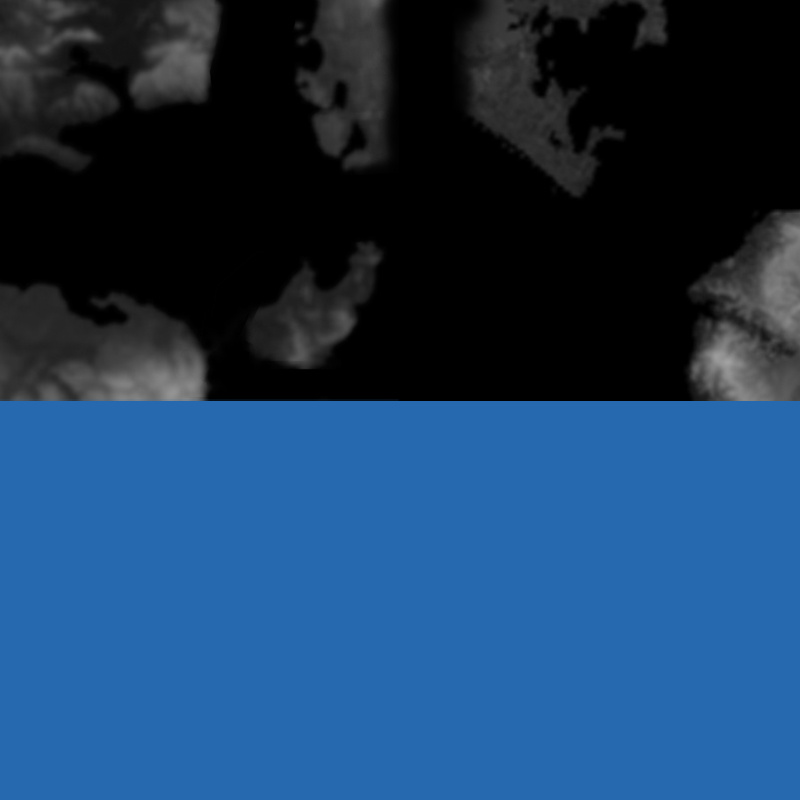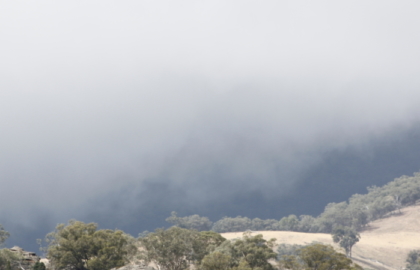
decolonizing sciences – transformations, more particles
ocean systems in peril
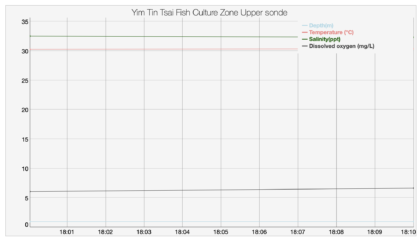
more particles
red tide monitoring
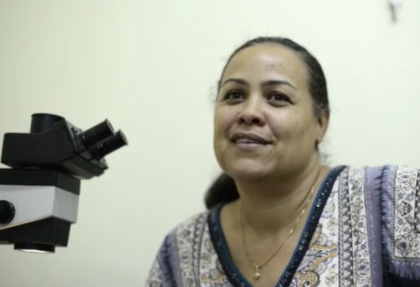
decolonizing sciences – transformations, healing – resilience, human cluster
through the mangrove web
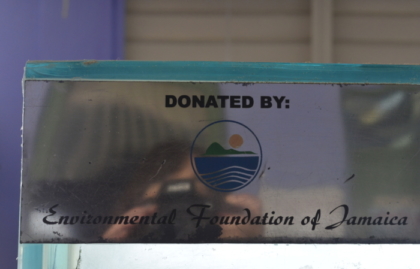
more particles
to change the rules … for the voiceless
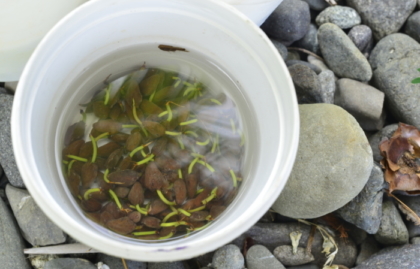
more particles
dreams, nonlinear, fog, and breaths
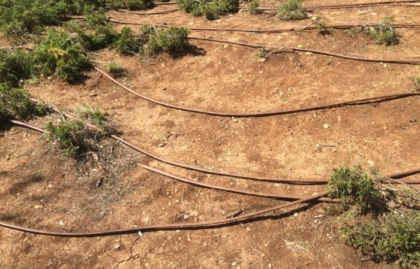
more particles
fractal sensing/ thinking on a planetary scale
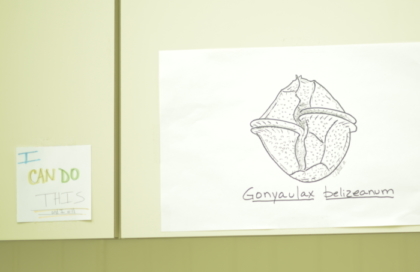
more particles
the imperative to make the imagination flexible
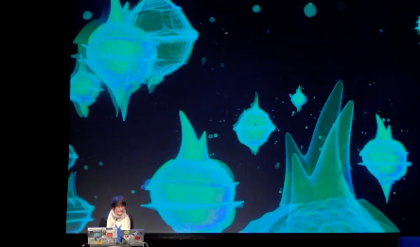
decolonizing sciences – transformations
gravitational currents and the life magic
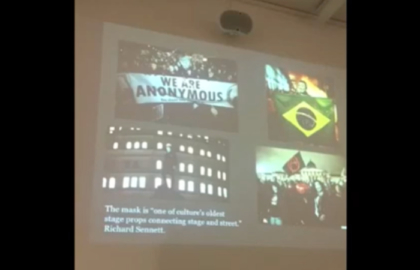
healing – resilience
How anonymous dodged the cyber-terrorism label – game changers and the pilot for planetary sensing

decolonizing sciences – transformations, human cluster
in the laboratory with Brenda María Soler-Figueroa
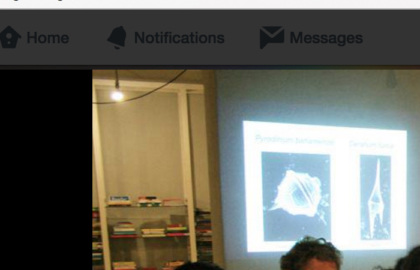
decolonizing sciences – transformations, human cluster, more particles
ecology lab research presentation feat. Miguel Sastre
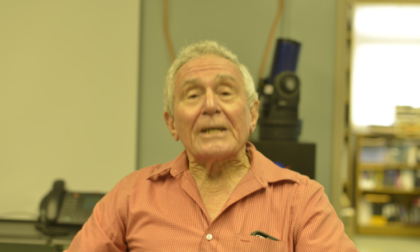
decolonizing sciences – transformations
aim to aware of the complexity of marine ecosystems and how to protect them
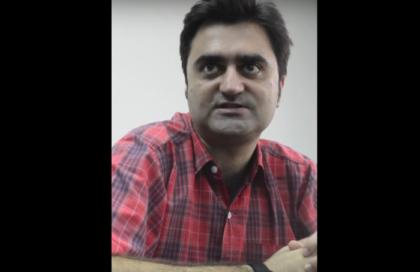
decolonizing sciences – transformations, more particles
dinoflagellates and their genome complexity outbeat humans easily (humans are so biased) thanks to Gigascience
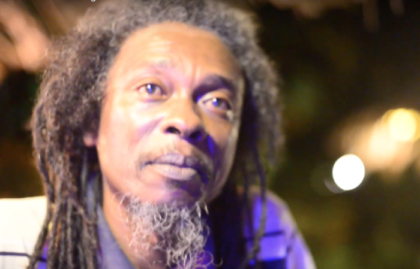
healing – resilience, human cluster
time travel and healing words
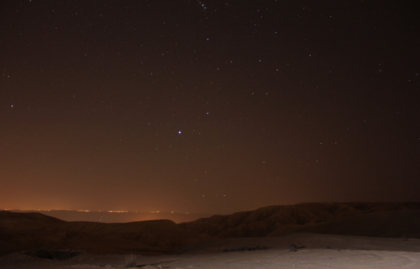
more particles
on the ants, and a manifesto
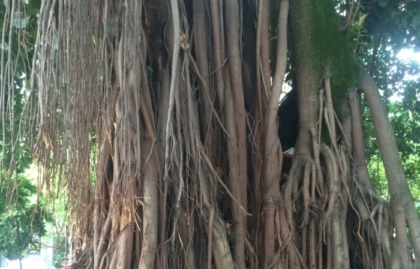
more particles
NLS in podcast: artists working with ecosystems
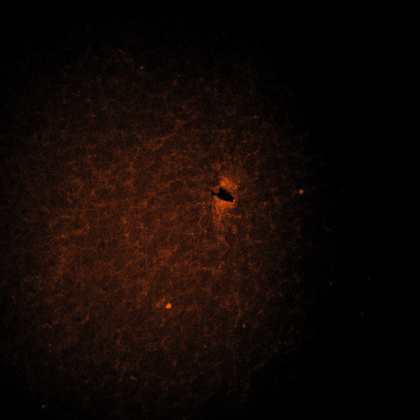
decolonizing sciences – transformations, healing – resilience, human cluster, index
Symposium on heat, proximity, technology and violence
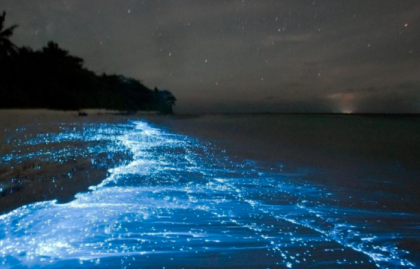
more particles
natural resources and their own existential value
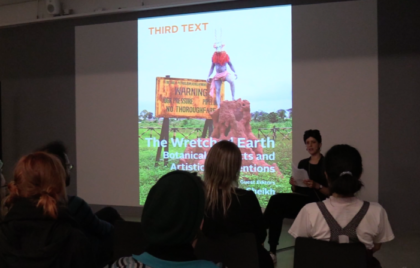
decolonizing sciences – transformations
refusing to be resilient thusly: soil, care and postcolonial futures
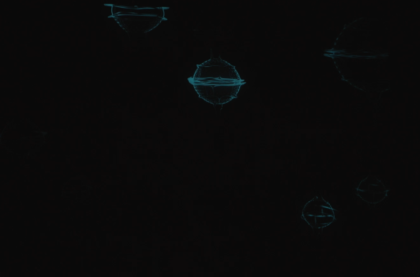
more particles
speculative ethics with bioluminescence against the testosterone packs of stupidity … here comes the alliance and multi species future for planetary sensing … navigations below the surface
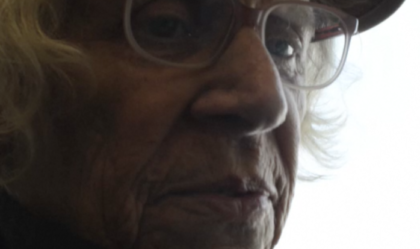
decolonizing sciences – transformations
the empire is about resources … the big players of imperialism and seeing a reality of corals and dinoflagellates
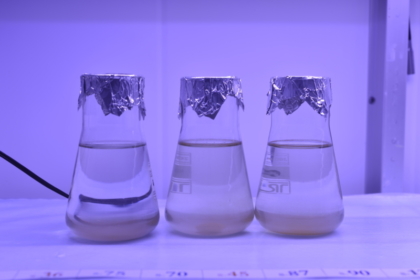
decolonizing sciences – transformations, human cluster, more particles
Experiments in the ecology of phytoplankton community: the overall surface charge of clay and a HAB cell are opposite, hence they get attracted to each other like magnets
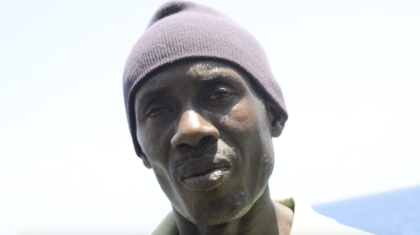
decolonizing sciences – transformations, healing – resilience, human cluster
Countryman

decolonizing sciences – transformations, human cluster, more particles
variations of bioluminescence
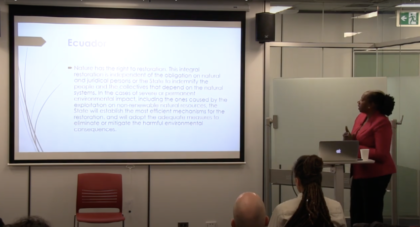
decolonizing sciences – transformations, human cluster
Rights of Nature, Corporate Social Responsibility and the Role of Higher Education Institutions
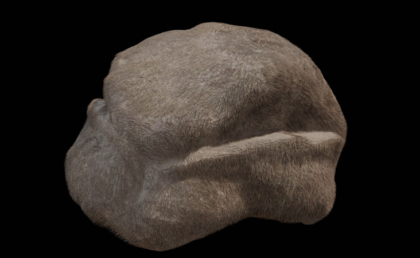
decolonizing sciences – transformations, human cluster, more particles
desert futures
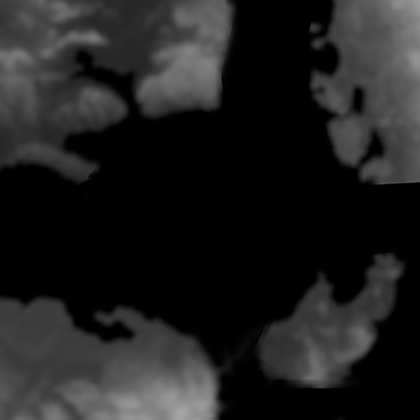
decolonizing sciences – transformations, human cluster
who wants to live forever?
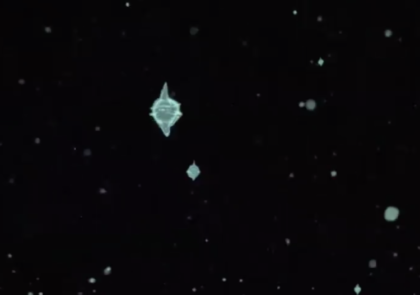
decolonizing sciences – transformations, human cluster, more particles
the sea around us

more particles
documents for involvement
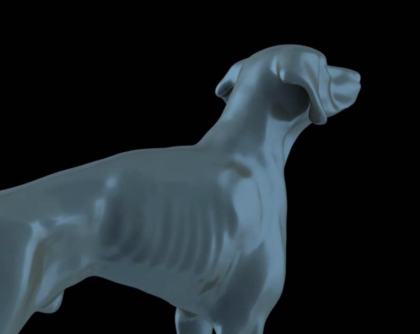
decolonizing sciences – transformations, human cluster
shape shifting dog
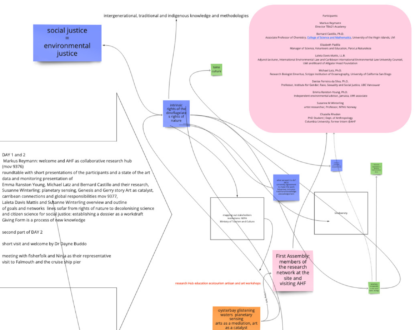
decolonizing sciences – transformations, more particles
1st assembly 2020
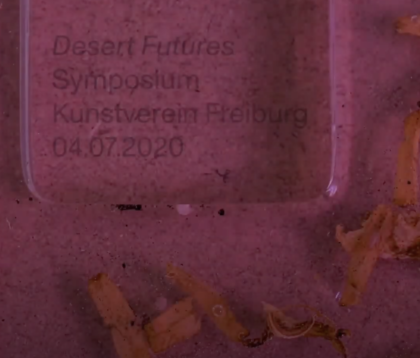
decolonizing sciences – transformations, human cluster
